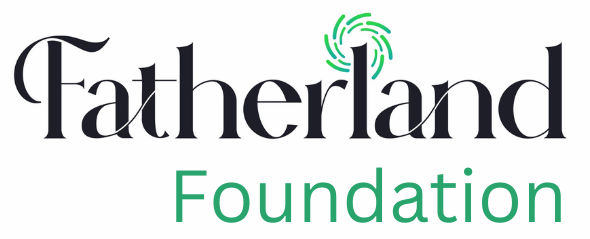Political instability in Africa Where the problem lies and alternative perspectives.
Introduction
The International Day of Peace which was established by a U.N. resolution in 1982, and is marked every year on September 21, is a global event whose activities are significant in highlighting the worldwide efforts towards conflict resolution and peace building. This day is however more relevant to the continent of Africa where most conflicts have taken place, with some running into decades, with limited solutions. Therefore seen from the perspective of political instability and as a “drifting continent”, many questions come up, which demand more than just simple answers, or repeated mythical notions about Africa’s problems, as purely inherent in the African way of doing things.
That there are problems in Africa for several decades even after many countries in the continent went through transitions from colonialism to independence, is not a deniable fact. However the African situation is not as bleak as portrayed in the media or by Africanists. In terms of political instability in Africa, it is also undeniable that the continent has had some difficult moments during the last fifty years or so. But what is still unexplained in the many analyses that have been looking at events in Africa is the fact that in almost all the cases of political instability in Africa, it is evident that the major problem is leadership. In this context, Africa has seen its freedom heroes turn into dictators, while plunder of natural resources, politics of exclusion and deprivation to tilt the balance of power continues to dominate the public sphere. Moreover, these problems have been pointed out and fought gallantly by ordinary Africans who have over the years, expressed their discontent with regimes imposed upon them, through the complicity of the international community.
To-date, almost every country in Africa is still haunted by historical injustices and oppressive structures that were bequeathed to the post colonial leadership. This is an aspect which informs the weak institutions of the state, flawed legislative systems and constant struggles for political power to the detriment of the well being of many nations, which could have moved on a path of development as part of modern societies. While the international community, whose geo-security and resource interests seem to benefit from the status quo in Africa, has not been pro- the establishment of functioning systems in Africa, instead, their involvement, continue to undermine Africa’s stability through the militarization of conflicts for accumulative purposes.
Political instability in Africa may owe much of its cause to internal factors, however the interpenetration of internal and external factors especially geo-political and economic interests of the international community constantly play a significant role in undermining the very processes and institutions that are expected to nurture democracy and to instil a sense of stability for societal development in Africa. In combination to such factors as unequal development, poverty, disease, violence and the manipulative tendencies of the local elite, political and economic stability in Africa is constantly under threat. This threat is however not emanating from within the continent but from external interests whose thirst for African resources, continue to shape the dynamics in areas related to governance. Resources in Africa if well managed are capable of providing for its entire population, hence the potentials for a more stable environment, however, it is well documented that stolen wealth from Africa often end up in banks abroad (Africa Focus Bulletin, 2006), be it money stolen by the political elite (the case of Mobutu of Zaire, Abacha of Nigeria, and Moi of Kenya, just to mention a few or the recent Kibaki regime Anglo-leasing scandals in Kenya), they still end up in banks in the western capitals.
Also problematic in the African context are the existing institutions of the state and how they function. Despite the existence of institutional frameworks that are supposed to guide processes and delivery on essential services, the continued weakening of these institutions, through political mechanisation and predatory nature of African elites, working in cohorts with external interests also contributes further to the undermining of stability in Africa. These tendencies exacerbate resources wars, ethnic rivalry, and more recently, the emergence of electoral violence as a characteristic of multi-party era elections in African. Although many events and occurrences might give the impression that African continent is still “drifting”, there are also positive things taking place in the continent and “the drift” needs to be analysed from several perspectives that capture both the positive and negative developments and what informs the direction of these
developments. There are pull and push factors, which keep shaping the internal dynamics in Africa. However, African people have not remained static, even though there are some retrogressive tendencies. The majority, whose perspectives are hardly captured in western media or academia, have made great leaps, in a number of areas, including their level of political awareness and popular participation in the political processes. The leadership dilemma and many other governance related malpractices are being challenged more and more from within, as people begin to understand the broader implications of bad politics and the consequences of
governance structures that are autocratic and oppressive.
In order to address the theme of peace and the relevance of peace day to Africa, there is need to reflect on and critically analyse the view that Africa is “a continent on drift”. In the foregoing, I argue in the paper that the view that Africa is a continent on drift is a notion, which fails to recognise the positive developments in Africa, but also the complex mix of factors at local, national, regional and international levels that impact upon governance in Africa. This view also fails to recognise the major problem which underpins all the problems in Africa, that is, the leadership problem both in Africa and in the West. Furthermore the notion that Africa is a continent on drift is a view point that seems to confine Africa to a static position where it operates in a vacuum and is indulgently involved in its own self-destructive tendencies. Because the subject is too broad to receive a fair treatise in this paper, focus will be given to a few political developments in Africa, in order to highlight examples of the complex mix of both internal and external factors in the overall political and economic developments in Africa. These are points that can also help explain the direction of the “drift” and what its major causes are. In order to do so, the paper will briefly look at the factors underpinning political stability in Africa, while using, the issue of leadership, Africa’s economy and political instability, political violence and emerging power sharing arrangements, as points of reference. The paper also highlights some perspectives on conflict resolution and peace building initiatives, the relevance of the Diaspora input and on the issue of peace building, migration and development.






